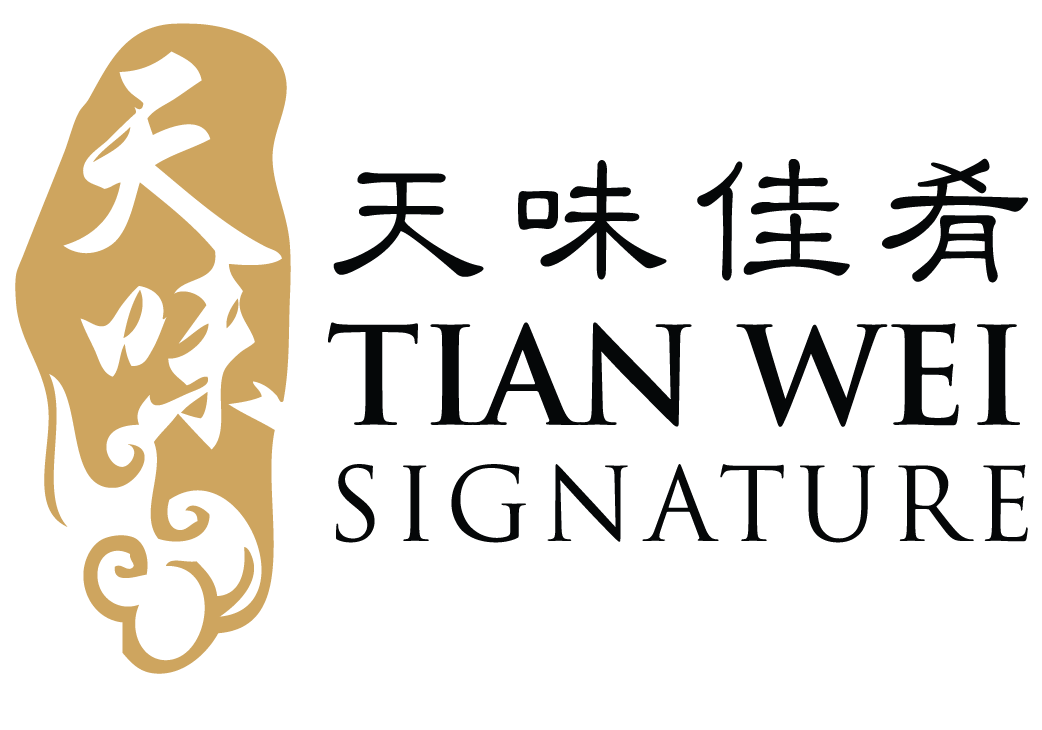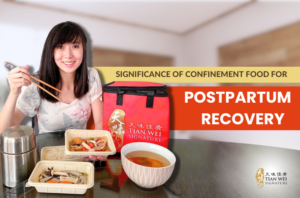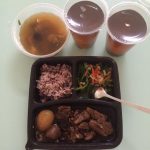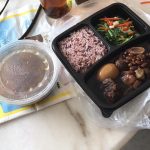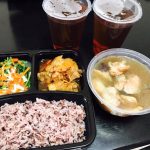81 Tagore Lane, TAG A, #01-11 Singapore 787502 ♦ Reservation : +65 6727 5599
Dietitian Shares: Best Omega 3 Sources For Postpartum Recovery
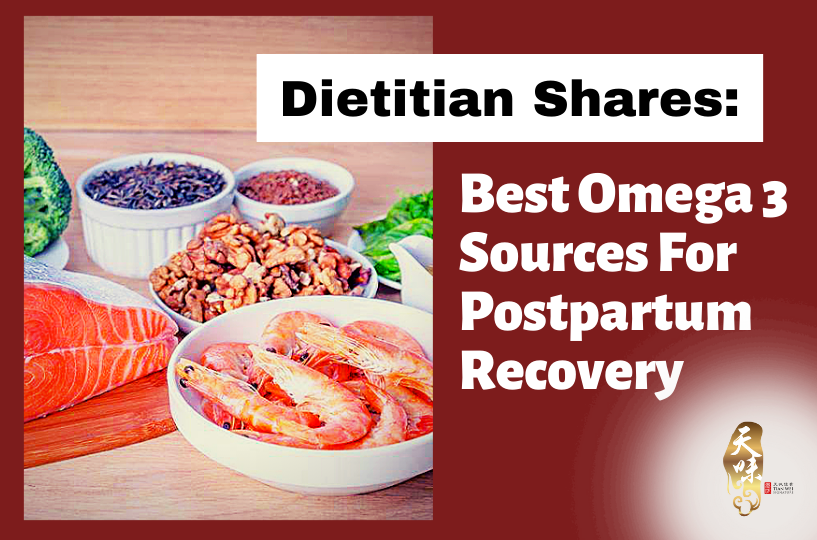
So many people rave about Omega 3. Doctors, nurses, and every other healthcare person you know of would say Omega 3 is good for you. Omega 3 fish oil was discovered as early as Roman Times. It was only during the Industrial Revolution that fish oil became popular because there were many children who had stunted growth and rickets. When they realized that lack of Vitamin D was the answer, cod liver oil became popular because it was also rich in Vitamin D. In the 1920s, the nature of fatty acids from fish oil was discovered. In the 1970s, researchers found a tribe in Greenland Inuit. These people consumed large amounts of fat from fish but displayed virtually no cardiovascular disease The high levels of Omega 3 fatty acids consumed by the Inuit had reduced triglycerides, heart rate, blood pressure and atherosclerosis. This is when scientists also found that Omega-3 contains primarily Eicosapentaenoic acid, EPA and Docosahexaenoic acid, DHA.
Nowadays we find many food options on shelves and other products, even in drinks! So are they as good as eating fish? Generally, Omega 3 comes from two main sources which are:
Marine-sourced Omega 3 contains DHA and EPA which have been shown to not only be anti-inflammatory and promote heart health, but it also promotes brain development in babies and reduces the risk of postpartum depression and anxiety. Research has found that adequate intake of Omega 3-DHA is particularly helpful during pregnancy as it lowers the risk of premature delivery. What many people may not realise is that despite breast milk being the best source of nutrition for your baby no matter what a mother eats, breast milk is not perfect. Certain levels of nutrients in breast milk are dependent on maternal intake. One of those nutrients is Omega 3-DHA. During this period, Omega 3-DHA also helps to support the development of the retina and visual acuity in babies too.
On the other hand, plant-based sourced Omega 3 mainly contains Alpha Linolenic Acid, ALA which also promotes anti-inflammation and is good for general health. However, it does not claim to have the same effect on brain development in babies or postpartum depression. This is because the conversion of ALA into DHA and EPA which is the form that is needed most that our body needs are highly inefficient. Thus it is considered not as potent as marine-based Omega-3.
USDA recommended Omega 3 intake in women is 300mg of DHA per day during pregnancy, postpartum and lactation. Similar recommendations are applied here in Singapore which is equivalent to two to three servings of fish per week that are high in Omega 3-DHA. Thus it is really important to plan your confinement food recipes for your weekly meals. Things like this are easily forgotten if meals are not thought out intentionally. Unfortunately, gone are the days we can say “ I am fine with eating anything lah!”.
Cod Fish Oil, Krill Fish Oil or Algal Oil?
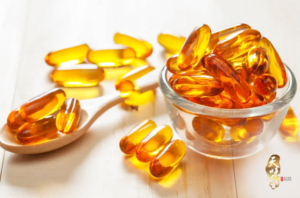
As for those who find eating fish two to three times a week a challenge due to your schedule and lifestyle, supplements are a viable option. Very often, when you are at the pharmacy, you may feel overwhelmed with the variety of products available on the shelves for you to choose from! How do you start? Firstly, if you are a vegetarian, Algal Oil is a great option as its Omega 3-DHA is sourced from algae. The bioavailability of Algal Oil is similar to your regular fish oil supplements as well. Another plus point of algal oil is that it’s also more sustainable for the environment. However, as the extraction and refining process is more costly than fish oil, do expect a higher price point for this product. Those who are not vegetarian, any regular fish oil would do.
Tian Wei Signature
If you are not a huge fan of taking supplements and would prefer to have Omega 3-DHA from your meals, then check out our confinement foods. Tian Wei Signature provides fish two to three times a week in confinement food menu recipe. The dishes of fish are served in a variety of ways such as fish soups, steamed fish and braised fish. Here are some of the many Omega 3-DHA-rich food sources served in our menu such as;
- Fenugreek Green Papaya Milky Fish Soup
- Lemongrass Fenugreek Braised Fish Fillet
- Steamed Fish with Ginger
- Fish Fillet with Lemon Beurre Blanc
- Seared Salmon with Cauliflower Cream
- Black Sesame Pan Seared Salmon
